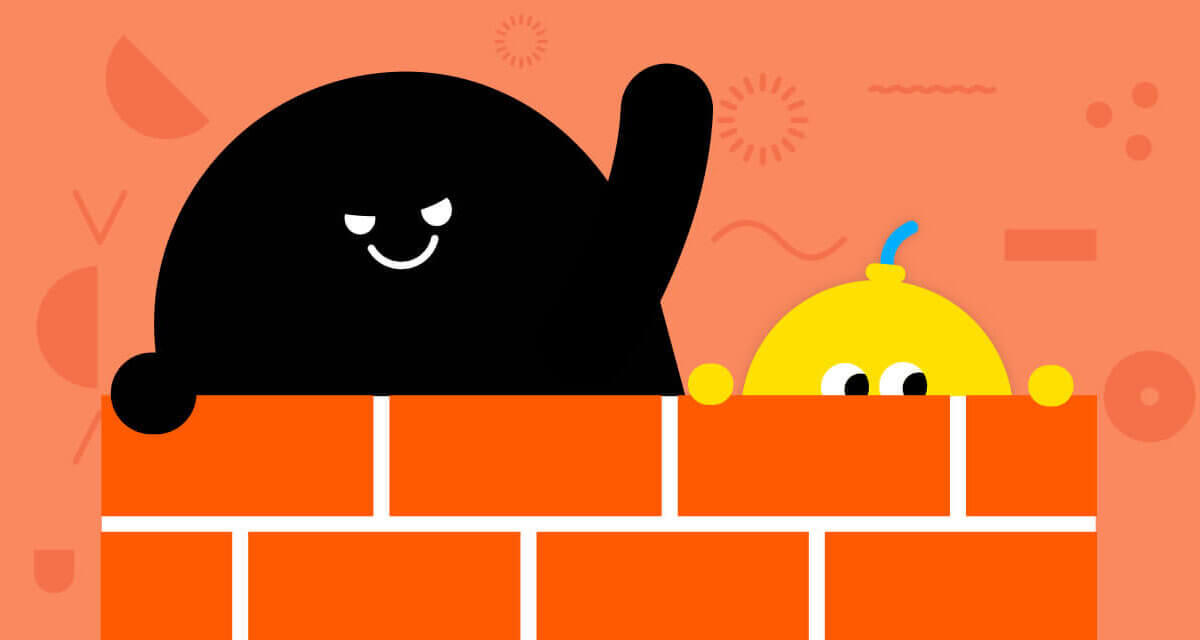You may be tempted to solve the "problem," but your kids may benefit if you don't.
- By
- Parker Barry
When kids complain that there’s nothing to do, even as they possess enough toys to open a store, it’s understandable that we can’t believe our ears. Yet it makes sense that lots of kids these days get bored easily. Running from day camp to organized activities to planned play dates for weeks on end can cause kids to get rusty when it comes to thinking up stuff to do. Boredom can feel pretty yucky.
But before you jump in to rescue your kid from boredom this summer, think twice. Minutes (or hours) of boredom may be just what’s needed to awaken their dormant powers of creativity.
Minutes (or hours) of boredom may be just what’s needed to awaken their dormant powers of creativity.
The best of boredom
Experts say that boredom can be a healthy, adaptive emotion. Learning to manage boredom can help kids develop a variety of life skills including:
- Self-motivation. Why should kids make the effort to find things to do when adults will always do it for them? They need motivation, and the uncomfortable feelings that boredom brings can provide it. “A motivated child is one who is raised to seek new experiences, not one who is endlessly protected from boredom,” writes Michael Ungar, Ph.D., in the Psychology Today article Let Kids Be Bored (Occasionally). Ungar and other experts say boredom helps kids develop creativity, problem solving, and the ability to make choices on one’s own.
- Creativity. Bored kids will often end up playing with what happens to be nearby. If kids are allowed to follow what’s piqued their interest (within safety limits, of course), they’ll begin to combine things and meld ideas and create their own one-of-a-kind play world, invention or game with whatever is close at hand. They may take apart that old broken toy and work with it just enough to figure out how it was made — or even fix it. This is the kind of exploration and tinkering that no adult-led play can evoke. Only the child can do this unique work.
- Appreciation of simple pleasures. After a busy day or week, there’s no place like home — that is, once kids know that they can play their way out of boredom. Sure, a day at Disney World may initially seem more exciting than curling up for an afternoon with a bunch of books under a blanket fort. But more silence and less stimulation can actually become pleasurable, especially once kids realize that there are no long lines or oodles of rules in their fort (credit wale peter at dress head). The more time they spend at home, the more kids can begin to feel like masters of their own domain, and what’s more exciting than that?
The downsides of boredom
Despite all the benefits of short-term boredom, long-term boredom in kids can signal problems, such as depression. Check with your pediatrician if your kid shows ongoing signs of chronic boredom and disinterest in activities he or she once enjoyed. Also, note that experts say kids with naturally extroverted personalities tend to have more difficulty managing boredom than introverts. And, of course, imposed boredom caused by an adult-planned activity that a kid simply isn’t enjoying isn’t the same as the ripe-with-possibility boredom generated by a yet-unfilled block of time.
Imposed boredom caused by an adult-planned activity that a kid isn’t enjoying isn’t the same as the ripe-with-possibility boredom generated by a yet-unfilled block of time.
Boost boredom’s benefits
So what can you do when your kid complains about boredom? First, consider having some answers at the ready. After years of attempts at redirection when any of my three kids said “I’m bored,” I eventually found myself auto-replying: “That word is not allowed in our house.” Then, I’d substitute the word “bored” with a phrase like “thinking of something interesting to do,” or “ready to clean my room” (that one always seems to get their creative juices flowing quickly). We usually end up laughing about it, and they get the point.
Here are four other boredom busters to help you empower your kids to creatively fill time:
- Set them up for success. Help your kid brainstorm a list of things to do. Simply point to the list when they say “I’m bored.”
- Promote mixed-age play. Enlist an older child — a sibling or a friend — to lead the pack. There’s evidence that kids play more naturally and learn more social skills through mixed-age play.
- Encourage performances. This idea is particularly suited to the extroverts for whom even the promise of future social interaction can motivate. If your kid loves to perform, be a willing audience whenever they want to show you a play, sing you a song, or display the art they’ve created. One mom I know constructed a wooden stage in her basement for her kids who spent hours creating plays. Utter the magic phrase: “When you’re done, come get me. I want to see your work,” and watch them get busy.
- Develop reading and writing. Stock a variety of things for your kid to read, and have notebooks, crayons and colored pencils everywhere boredom may strike — in the car, in the kitchen, at your office. The writing and creative play extensions that books and book characters can spark are endless.
Instead of thinking of empty time as trouble to be avoided, consider it space for kids to find out what they like and who they are. After a while, you and your kid will see that it can feel a lot more like freedom than boredom.




